An article 17-A guardianship petition is used when one wants to appoint a guardian for an intellectually disabled[1] or developmentally disabled person, or for a person diagnosed with a traumatic brain injury. The guardianship process can appear complicated, but the process is streamlined and can be done without the assistance of an attorney. Understanding the process of an Article 17-A guardianship can make it easier.
Once a person reaches the age of 18, he/she has the right to make decisions independently, just like any other adult. No other person has the authority to make personal, medical and/or financial decisions for the individual, including that person’s parents or other legal guardian. However, what happens when the individual has an intellectual or developmental disability and lacks the ability to make decisions? This is where an article 17-A guardianship comes into play. It provides a process where another individual (often a parent, relative or a legal guardian) is granted guardianship over the individual such that they are given broad authority to make decisions on behalf of their ward. A guardian can be an individual, a non-profit corporation, or a public agency.
Article 17-A guardianships are specifically used for individuals living with an intellectual disability or a developmental disability that began prior to reaching 22 years of age (including disabilities attributable to cerebral palsy, neurological impairment and autism), and those diagnosed with a traumatic brain injury.
The first step in obtaining a 17-A guardianship is to file a petition with the Surrogate’s Court located in the individual’s county of residence. Those eligible to petition the Court include a parent, any interested adult, or the intellectually disabled or developmentally disabled person themselves, if they are at least 18. A non-profit corporation with the power to serve as guardian can also petition the Court, such as a social services agency that cares for or houses intellectually and/or developmentally disabled persons.
The petition must be accompanied by certifications from two professionals that the individual needs a guardian. The professionals can be either two physicians or a physician and a psychologist. They must determine that the individual has an intellectual disability or developmental disability which is permanent or likely to continue indefinitely.
Once you have filed the petition and sworn affidavits from the professionals with the Court, the law requires that certain persons be served with copies of the petition and/or a notice of the proceeding. The Court will subsequently hold a hearing to determine whether the guardianship will be granted. In certain circumstances, the Court may dispense with the need for a hearing.
If the Court grants the appointment of a guardian, letters of guardianship are issued. Once declared a guardian, you have broad authority to make decisions on behalf of the disabled person, similar to the authority parents have over minor children. These decisions can include health care decisions, financial and property matters, and housing.
As a guardian, you must make all decisions in the best interest of the individual. If the individual’s wishes, including moral and religious beliefs are known, they should be taken into consideration.
The length of a guardianship lasts for the length of the individual’s life. The Court may be petitioned to discharge the guardian, appoint a successor, modify or limit the guardian’s powers, or otherwise alter the guardianship order. You may also appoint successor guardians, in the event that the ward outlives you.
The forms used to petition the Surrogate’s Court for an article 17-A guardianship can be found online at: https://www.nycourts.gov/forms/surrogates/guardianship.shtml. While the forms may be self-explanatory, the process itself can be overwhelming and confusing for people to navigate, especially in a situation where one is faced with the tremendous responsibility of caring for the major aspects of another’s life. It is always helpful to reach out to a professional that is well-versed in guardianship matters to determine whether an Article 17-A is the appropriate tool to help a person living with a disability, as well as to explain the process of obtaining a guardianship and the duties that accompany the guardianship appointment.
In our next segment, we will discuss guardianships under Article 81 of the Mental Hygiene Law. While most would agree it is a more complex proceeding, it provides a guardianship scheme that is tailored to the individual needs of the person, while at the same time affording the person as great amount of independence as possible.
[1] Article 17-A has not yet been amended to replace the term “mental retardation” with “intellectual disability,” but for the purposes of this blog, “intellectual disability” will be used in acknowledgment that the term has replaced “mental retardation” in many states. Notably, in 2010 the NYS Office of Mental Retardation and Developmental Disabilities changed its name to the NYS Office For People With Developmental Disabilities. That change brought New York into solidarity with 48 other states which acknowledged that the term “mental retardation” is often hurtful and disrespectful when used to refer to individuals living with an intellectual disability.







